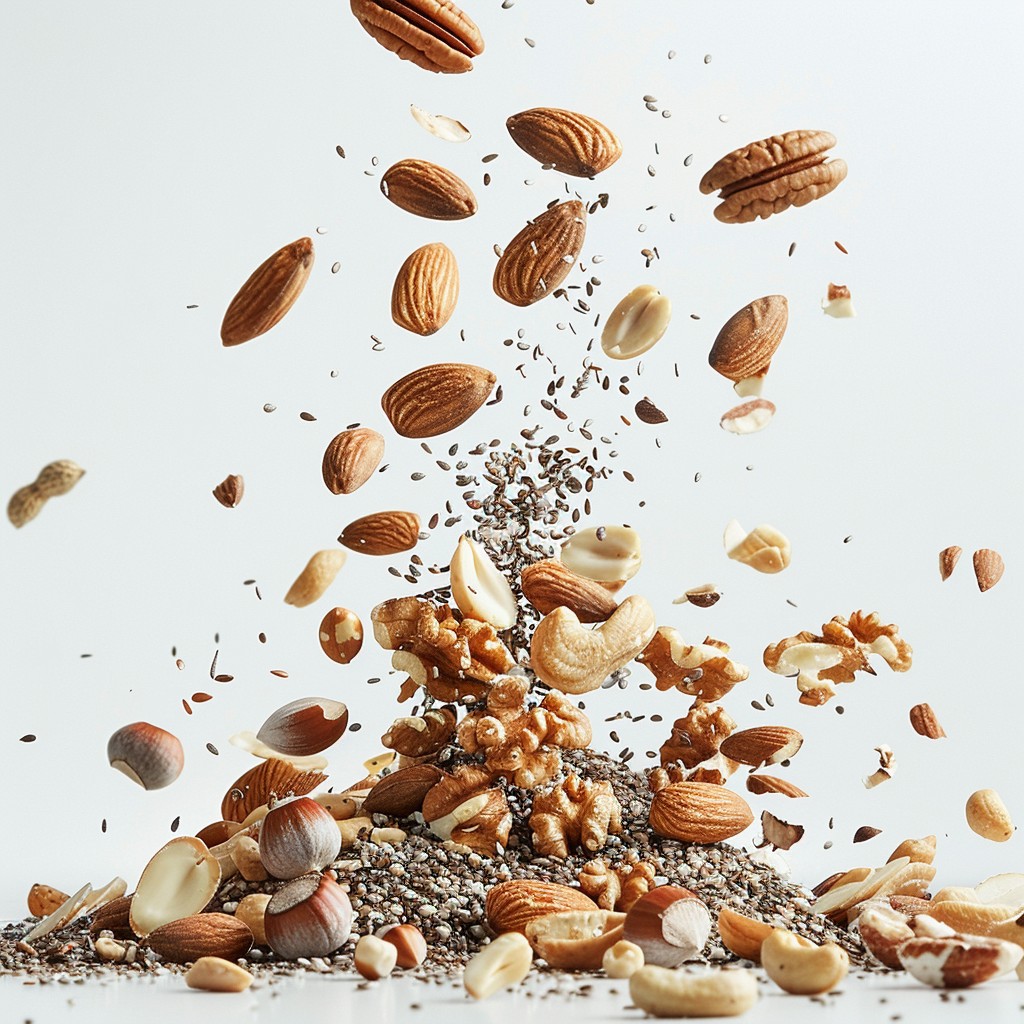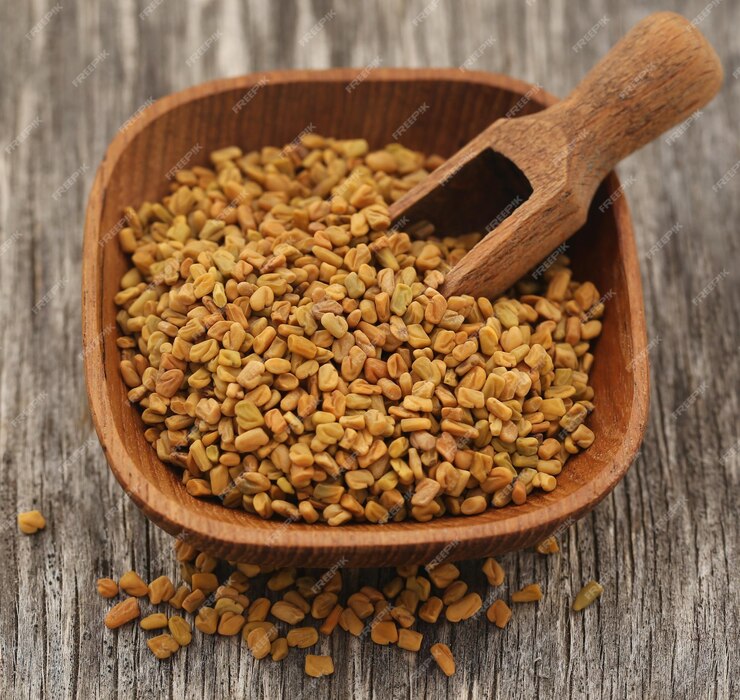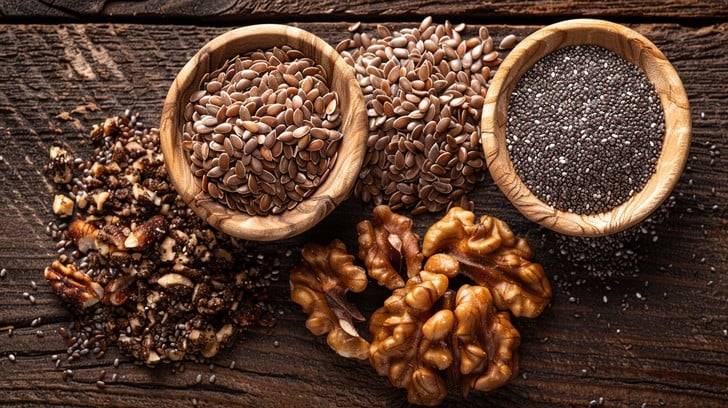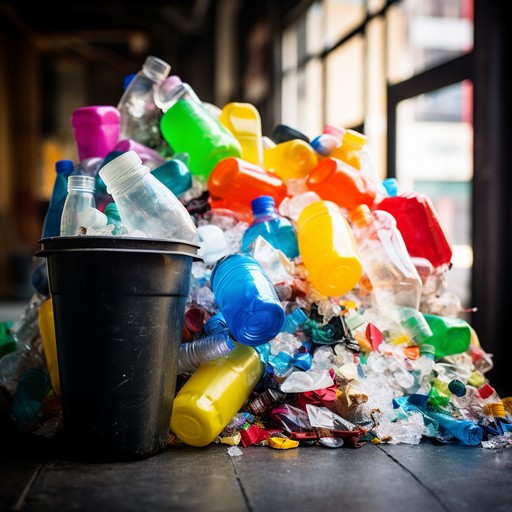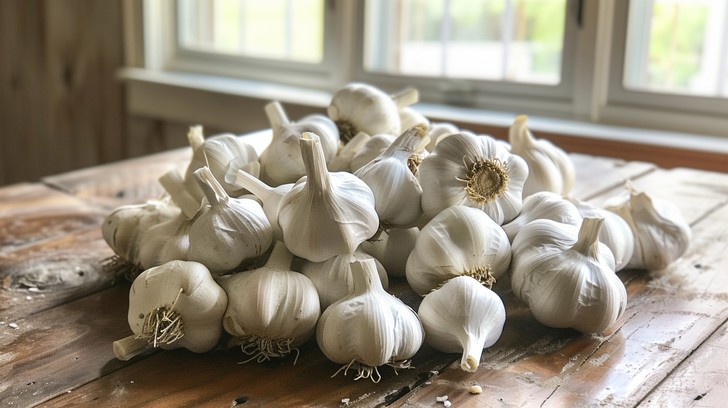

Plastic is an integral part of our daily lives. From the moment we wake up to the time we go to bed, we are surrounded by plastic products. Whether it’s the toothbrush we use in the morning, the food containers we use to store leftovers, or the packaging of the food we buy, plastic is everywhere. While plastic offers convenience, its widespread use poses significant risks to human health, and one of the most alarming concerns is its potential link to cancer.
The Widespread Presence of Plastic in Daily Life
Take a look around your home or office—most of the items we use daily are made of plastic. From kitchen utensils and food packaging to electronics and furniture, plastic has become an indispensable part of modern life. Its versatility, durability, and low cost have made it a popular choice for manufacturers. However, this convenience comes at a cost, particularly to our health.
The Risks of Plastic Use
- Toxic Chemicals in Plastic: Plastic contains harmful chemicals such as Bisphenol A (BPA) and phthalates, which can leach into food and beverages, especially when heated. These chemicals are endocrine disruptors, meaning they can interfere with the body’s hormonal functions. Over time, exposure to these chemicals can lead to serious health issues, including reproductive problems, developmental issues in children, and an increased risk of certain cancers.
- Plastic and Food Safety: Many people store hot food in plastic containers or reheat food in plastic, not realizing that this can cause harmful chemicals to leach into the food. For example, plastic containers used in microwave ovens or plastic wrap used to cover food can release toxic substances when exposed to heat. This is particularly dangerous because these chemicals can directly enter the food we consume.
- Plastic in the Kitchen: From the plastic bags we use to carry groceries to the plastic utensils and plates we use for meals, plastic is everywhere in our kitchens. However, using plastic for hot foods or drinks is risky. For instance, people often pour hot tea or coffee into plastic cups, which can cause harmful chemicals to leach into the beverage. Similarly, using plastic plates for hot food can pose similar risks.
- Plastic and Beverages: Bottled water and other beverages are often packaged in plastic, which can release harmful chemicals, especially when exposed to sunlight or high temperatures. Additionally, single-use plastic bottles and straws contribute to environmental pollution and pose health risks due to the chemicals they release.
- Plastic and Packed Foods: The food industry heavily relies on plastic for packaging. While this extends the shelf life of products, it also exposes consumers to harmful chemicals. Plastic packaging can release toxins into food, especially fatty or acidic foods, which can absorb more chemicals.
- Plastic in Personal Care Products: Plastic is not only present in our kitchen and food storage but also in personal care items like toothbrushes, combs, and containers for lotions and shampoos. Many of these products contain microplastics, tiny plastic particles that can be absorbed by the body and potentially cause health issues.
The Connection Between Plastic and Cancer
The potential link between plastic use and cancer is a growing concern. While research is ongoing, there is evidence that prolonged exposure to certain chemicals found in plastic can increase the risk of developing cancer. For example, BPA has been linked to breast and prostate cancer, while phthalates are associated with an increased risk of liver cancer.
Reducing Plastic Use in Daily Life
Given the health risks associated with plastic, it is essential to reduce its use in our daily lives. Here are some steps you can take:
- Use Glass or Stainless Steel Containers: Opt for glass or stainless steel containers for storing food, especially hot or acidic foods.
- Avoid Heating Food in Plastic: Reheat food in glass or ceramic containers instead of plastic.
- Choose Plastic-Free Packaging: Look for products that use biodegradable or recyclable packaging.
- Use Reusable Bags and Utensils: Reduce the use of single-use plastic bags and utensils by carrying reusable alternatives.
- Be Mindful of Plastic in Personal Care Products: Choose personal care products that are free from microplastics and harmful chemicals.
Plastic has undeniably made life more convenient, but its health risks, especially its potential link to cancer, cannot be ignored. By becoming more aware of the dangers of plastic and taking steps to reduce its use, we can protect our health and the environment. It’s time to rethink our reliance on plastic and embrace safer, more sustainable alternatives.
